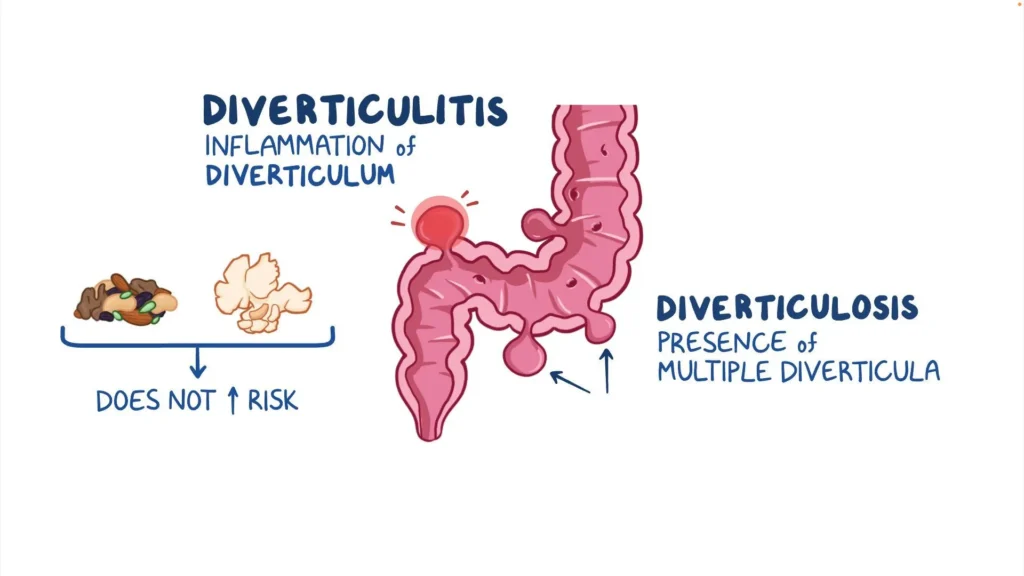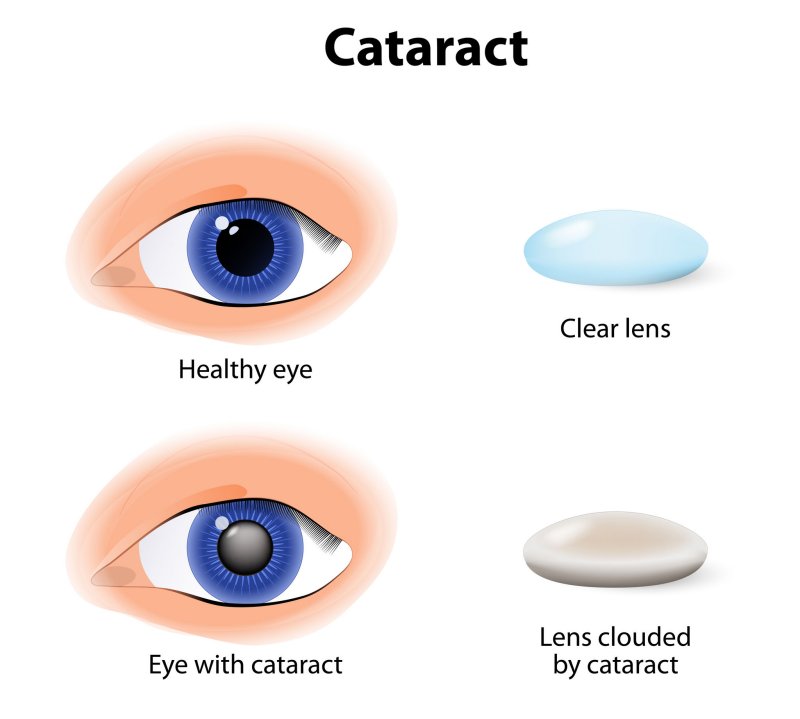
Definition:
Fibromyalgia is a chronic condition characterized by widespread musculoskeletal pain, fatigue, sleep disturbances, and cognitive difficulties (often referred to as “fibro fog”). It can significantly impact daily life and quality of life.

Definition:
Fibromyalgia is a chronic condition characterized by widespread musculoskeletal pain, fatigue, sleep disturbances, and cognitive difficulties (often referred to as “fibro fog”). It can significantly impact daily life and quality of life.

Diverticulitis is a condition that occurs when small pouches (diverticula) that can form in the walls of the colon become inflamed or infected. Here’s a comprehensive overview:
The causes of diverticulitis primarily relate to the formation of diverticula and subsequent inflammation or infection. Here are the key factors:

Cataracts are a common eye condition characterized by the clouding of the lens in the eye, which can lead to decreased vision. Here’s a comprehensive overview:
Cataracts are a common eye condition where the lens of the eye becomes cloudy, leading to blurred or decreased vision. This clouding occurs due to changes in the proteins of the lens, which can happen naturally with aging or due to other factors.